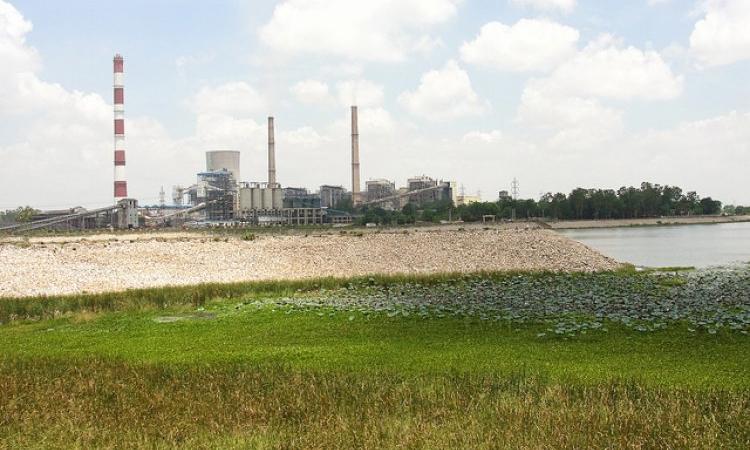
Norms relaxed to allow thermal power plants to use more water
The environment ministry has allowed thermal power plants to use up to three cubic metres of water per megawatt-hour as against the earlier cap of 2.5 cubic metres per megawatt-hour. The new rule will allow the thermal power plants to consume up to 20 percent more water than that was permitted earlier. However, as per a study conducted by the Centre for Science and Environment, thermal plants consume a huge amount of water that adds to the water scarcity in the country. Environmentalists believe that using a better technology can help reduce the consumption of water by the plants.
Maharashtra announces its climate change and mangrove protection policies
The Maharashtra government has announced its comprehensive policy on climate change based on the plan suggested by The Energy Resources Institute (TERI), New Delhi. As per the policy, all district collectors need to prepare strong action plans and disaster management plans considering the geographical indicators and in line with the climate change indicators. The state has also announced its new policy to protect mangroves on public and private land and is planning to take help from residents of 60 coastal villages to protect the state's mangrove forests.
Groundwater extraction: NGT gets strict with DMRC
The National Green Tribunal has warned the Delhi Metro Rail Corporation (DMRC) against its over extraction of groundwater without consent. The metro service has installed around 276 borewells across the capital without seeking permission to extract groundwater. The environment ministry, the Central Ground Water Authority, DMRC and the Delhi Jal Board (DJB) have now been directed to jointly find out how many stations were withdrawing groundwater without proper permission.
Ken-Betwa river link: NGT admits appeal challenging green nod to the project
The National Green Tribunal has admitted a comprehensive appeal challenging the environment clearance to phase I of Ken Betwa river linking project. The grounds on which the petition has been filed are inadequate environmental impact assessment, lack of impact assessment and public consultation in affected districts, violations in public hearings, inadequate appraisal by environmental appraisal committee, contradictions between forest and wildlife clearance conditions and those of environment clearance.
NGT orders demolition of building belonging to Ravi Shankar’s organisation on East Kolkata Wetlands
The National Green Tribunal has directed the East Kolkata Wetlands Management Authority (EKWMA) to demolish the three-storeyed building belonging to Ravi Shankar’s organisation, Vaidic Dharma Sansthan (VDS) within three months and also consider imposing a penalty. The structure has been built in August 2015 ignoring the notices sent by EKWMA. However, the EKWMA did not demolish the illegal building despite having the powers to do so, following which a petition was filed in the NGT in 2016 against the building.
This is a roundup of important policy matters from October 23 - 31, 2017. Also, read the news this week.